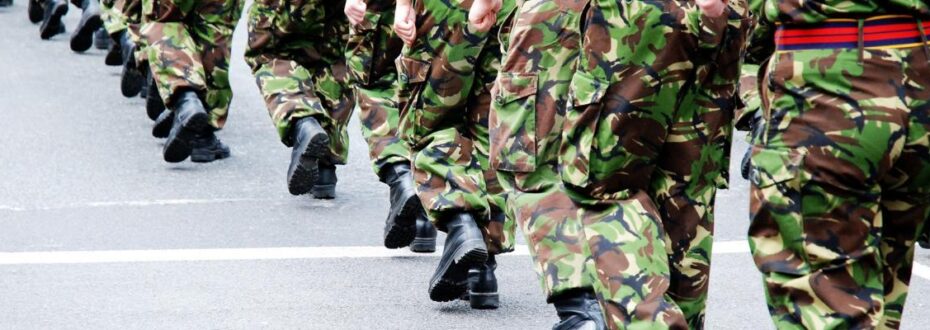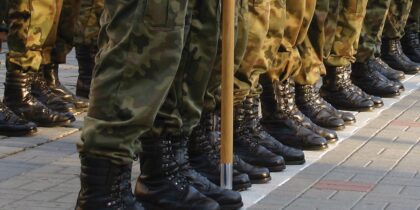The mental health of people returning to civilian life after serving in the Armed Forces has been a major concern for public policy over the last decade. Conflicts in Afghanistan and Iraq in particular have raised awareness and understanding of the emotional and psychological challenges some men and women face when they leave the Forces.
These concerns have brought about some significant responses, including the development of new and expanded mental health support services for both serving personnel and veterans, from both the NHS and the charitable sector. There has also been a great deal of research seeking to understand the scale and nature of the mental health challenges of service people, veterans and their families.
A recent review from the National Centre for Social Research, commissioned by the Forces in Mind Trust, has helpfully brought together a lot of the evidence that is now available into one place. The evidence they have unearthed provides an important picture of what we can currently say from research.
Rates of post-traumatic stress disorder (PTSD) are higher among veterans than for serving personnel, with the highest rates among those who have been deployed and seen combat
In common with the rest of the UK population, the most common mental health difficulties among serving and former Armed Services personnel are depression and anxiety, at rates that are above average. Rates of post-traumatic stress disorder (PTSD) are higher among veterans than for serving personnel, with the highest rates among those who have been deployed and seen combat. But overall levels of PTSD have not changed since 2004.
An important finding from the research is that the mental health of service personnel and veterans is connected to their experiences in life before joining the Armed Forces. For example, having experienced adversity in childhood (such as abuse or neglect) or been involved in antisocial behaviour were associated with later mental health difficulties (as is the case for the population as a whole).
As well as evidence about prevalence, the report reviews people’s experiences of disclosing difficulties and help-seeking. It identifies that stigma and a fear of missing out on opportunities are barriers to help-seeking for service personnel; combined with “a culture of self-sufficiency, resilience and duty” and a belief that help may not be available or effective even if it is sought. Despite this, the review also found that help-seeking can be encouraged where there is a greater sense of social cohesion (especially for currently serving personnel). And it found evidence from a number of studies that there are effective interventions that can help current and former service people with mental health difficulties.
An important finding from the research is that the mental health of service personnel and veterans is connected to their experiences in life before joining the Armed Forces
The implications of this review are significant and wide-ranging. They emphasise, as in any other context, that efforts to improve mental health literacy and set out what help is available are important to encourage early help-seeking and prevent problems escalating. The review also notes the importance of helping people to make a successful transition to civilian life when they leave the Armed Forces, and underlines the importance of networks that can provide peer support and a continued sense of social cohesion post-service.
Centre for Mental Health has been working with the Forces in Mind Trust over the last three years to support its mental health research programme. As a result, we have seen the evidence base about what supports veterans and families with their mental health through the transition to civilian life develop and expand. But there is clearly a lot more to learn: for example about how to enable people to seek help quickly and about groups that have been largely overshadowed in the research to date (for example women, Early Service Leavers and reservists).





